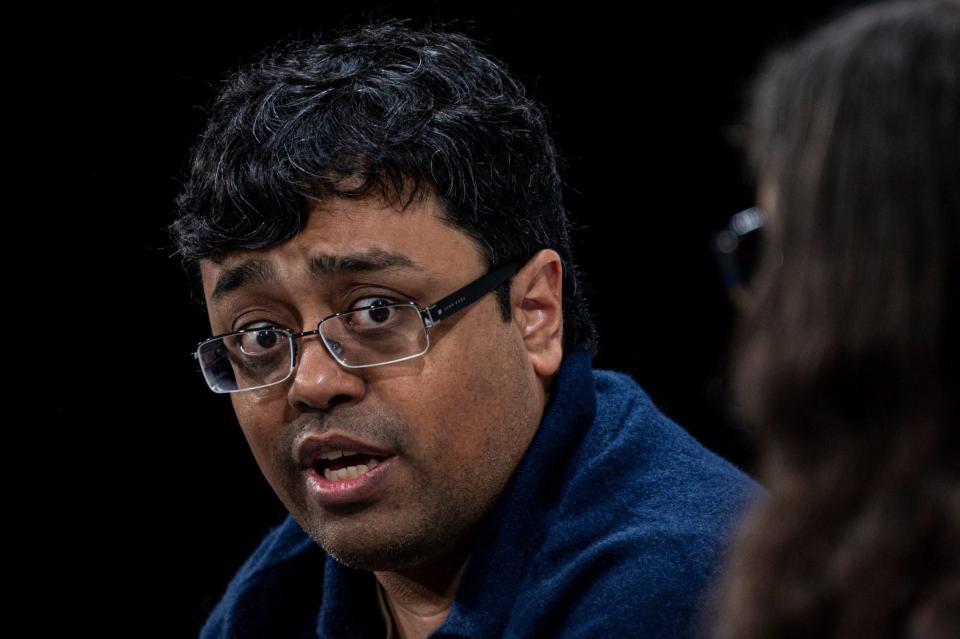Do shake-ups at 2 high-profile AI companies signal more to come?

Two is a trend, as the saying goes in journalism.
And so, after shake-ups at two high-profile AI companies last week, we have a trend. The question is whether the shake-ups are isolated to the two businesses in question or a signal of more upheaval to come in the AI industry.
The fireworks started last week with a major turmoil at Inflection AI, which had built a chatbot assistant that's supposed to juggle the everyday chores of its users like scheduling appointments while also giving them emotional support. The company, led by former Google DeepMind's cofounder Mustafa Suleyman, had received a super-sized $1.5 billion in funding and was said to be valued at $4 billion.
But on Tuesday, everything changed. Suleyman and his top lieutenants suddenly decamped to Microsoft and Inflection pivoted to focusing on corporate users—i.e. customers who are more likely to pay big bucks.
The abrupt reshuffling doesn’t exactly scream success.
Then, late Friday, it was Stability AI’s turn to go into convulsions. CEO Emad Mostaque, who founded the company best known for its text-to-image generator Stable Diffusion, announced his exit after battling with investors, grappling with a staff exodus, and once claiming to have worked as a secret agent for the U.K. government.
Even before Mostaque’s departure, Stability AI had faced growing questions about its direction. Now, with its public face gone, the skepticism about its business, valued at $1 billion in 2022, has reached a new level.
So where does that leave the AI industry? You could argue that the changes at the two companies are isolated incidents that speak only to their own internal dynamics. But my take is that the industry is undergoing a bit of a reality check after living off of easy money since at least the end of 2022 when the debut of OpenAI’s ChatGPT opened the venture capital floodgates.
It’s no secret that most AI companies, despite all their buzz and sky-high valuations, actually have minuscule revenue while burning wads of cash to train their models. One recent estimate is that it costs $1 billion of computing to train one large language model.
In every tech boom, investors inevitably start asking questions about big spending by their portfolio companies and when significant revenue will start pouring in. For at least some AI startups, that time has come.
Another truism is that the world doesn’t need dozens of AI chatbots and image generators. Perhaps now we’re finally seeing that obvious reckoning. Of course, OpenAI and its Big Tech rivals have the deep pockets to fund their ambitions and can offset their money-losing AI products by bundling them with their non-AI products that make money. Smaller fry, with their more limited resources, will have a tough time competing unless they’re focused on a niche that the whales ignore.
Don’t get me wrong. The venture capital floodgates are still wide open for AI and there doesn’t appear to be an imminent mass culling of AI startups. And the recent pop of AI-adjacent IPOs Reddit and Altera Labs shows that Wall Street has plenty of appetite for artificial intelligence stocks. But in some cases, pressure is growing on companies to pivot and replace leadership after their struggles become impossible to ignore.
After all, two is a trend—even when it comes to AI, an industry that has so far defied most of the usual business realities.
With that, here’s more AI news.
Verne Kopytoff
verne.kopytoff@fortune.com
This story was originally featured on Fortune.com
